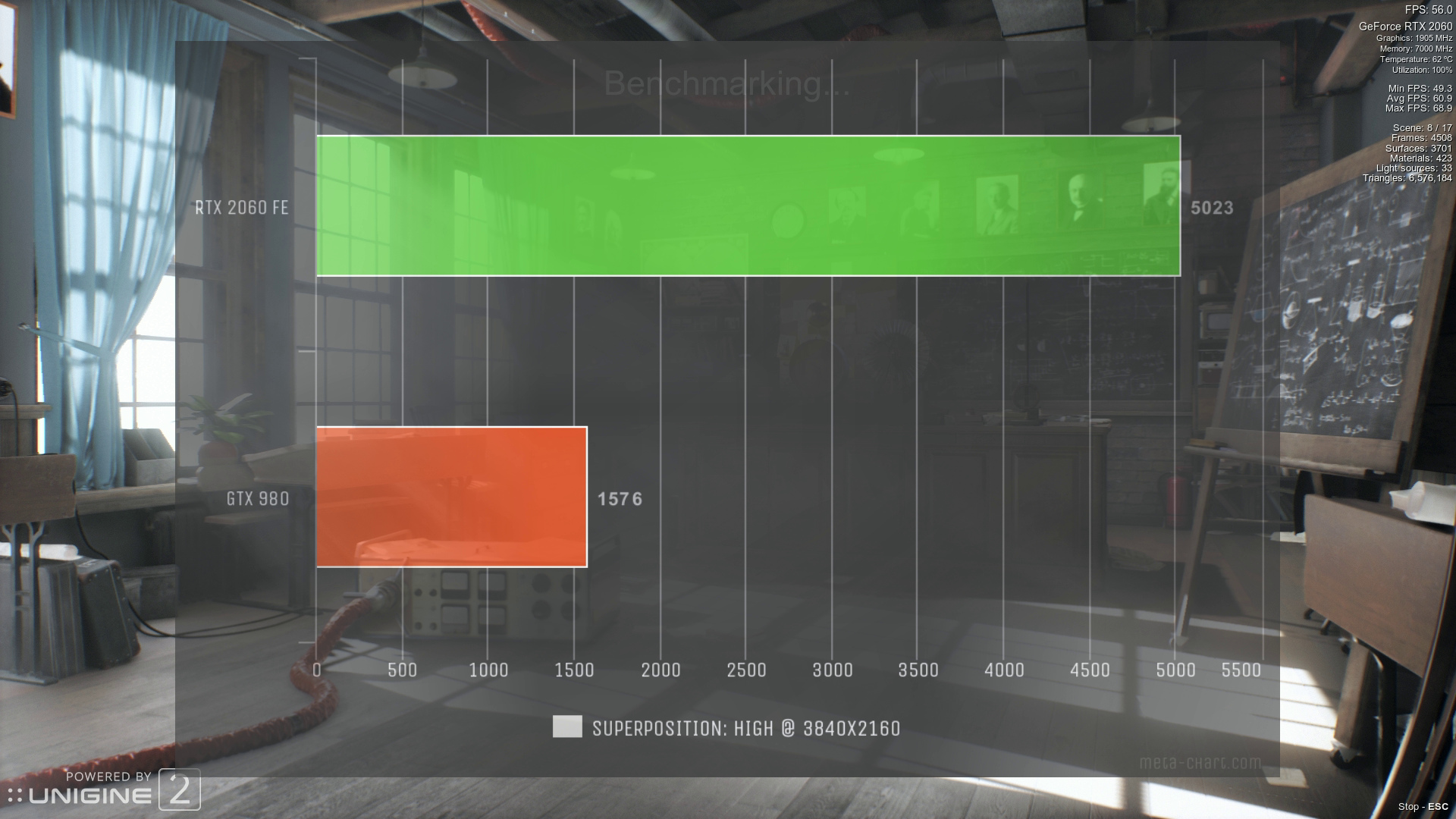AV1 encoding on Linux with a shouty little Arc, Nvidia gets in sync with Wayland, EndeavourOS loses an ARM, and Argon releases the first Raspberry Pi 5 case that doesn’t suck.
Listen:
Subscribe Google Podcasts | Spotify | Apple | Stitcher | TuneIn | RSS | More
Timestamps:
00:00 Intro
03:52 Linux Mint 22
07:51 KDE on Fedora
12:36 RME Fireface mixer oscmix
16:45 BealgeY-AI
21:09 Simplicity Player
Eco AV1 with Intel
https://interfacinglinux.com/2024/04/06/av1-on-linux-with-the-sparkle-a310-eco/
- Unexpected popoff video.
- Sparkle released a single-slot, low-profile GPU with a blower fan.
- Just the thing for your next silent PC build.
- It’s Intel Arc so it has the AV1 bits.
- Tested with OBS and Handbrake.
- It’s the babby A310 so don’t expect much.
- A wee faster than the 5600G APU.
- But it has some problems, problems another reviewer glossed over.
- This worries me.
Explicit Syncing Nvidia
- Have you ever wondered why some Linux users have issues with Nvidia GPUs on Wayland and some don’t?
- Well, there is a fix that was just recently merged in the Wayland protocol called explicit synchronization.
- Explicit synchronization is nicely explained by Marius Nestor over at 9to5linux.com as:
- “explicit sync.. it’s a new protocol based on DRM synchronization objects where apps explicitly tell the userspace graphics driver, kernel, or compositor when rendering is complete… Until now, when apps rendered things, they weren’t rendered immediately. This method is called “implicit sync” and involves apps recording a list of commands with the OpenGL or Vulkan drivers for the graphics card to execute, which could lead to the issues some of you are experiencing with NVIDIA and Wayland.”
- One of the issues with implicit sync is that sometimes apps aren’t aware which tasks it is synchronized to, thus accidentally aligning to GPU commands having nothing to do with the task at hand.
- These accidental synchronizations will no longer happen with explicit sync.
- And explicit sync will boost performance because it gets rid of the middle man between the drivers and apps, and tells them directly, instead of having to look at a list of commands and their dependency tasks.
- This is great news for Nvidia GPU users on Wayland!
- And as the explicit sync protocol makes its way to Wayland compositors it is a huge step to adopting Wayland on Linux, and the Nvidia proprietary drivers can live in harmony with the open source AMD and Intel Mesa drivers on Wayland.
EndeavourOS ARM :-(
https://endeavouros.com/news/goodbye-endeavouros-arm/
- There is really sad news in the Linux community, the ARM version of the Arch based EndeavorOS is no longer going to be developed.
- This is due to not having enough people to maintain it, and enough time to keep it up to date with the X86_64 version.
- So if you are interested in helping to keep the EndeavorOS ARM project going contact the EndeavorOS team and the EndeavorOS ARM GitHub page.
- I was really sad to hear about this because EndeavorOS was the first distro that I had installed on both my Raspberry Pi 4 and 5.
- Thank you to RTheren, or Illegally Blind, our Patreon Advisor in chat for letting us know.
Slice of Pi
Argon Pi
https://argon40.com/products/argon-neo-5-m-2-nvme-for-raspberry-pi-5
- Argon, the folks behind the Argon One V2 have a new one.
- The Argon NEO 5 has been on the market for a while but now we get nvme.
- It’s been going in and out of stock since this is the first real case for the Pi 5 and that awful pcie ribbon.
- $38 if you can get it.
- Venn has been patiently waiting for a Raspberry Pi 5 case that will support an NVMe hat.
- Lots of NVMe drives have been tested to fit in the Argon NEO 5, including:
- Western Digital SN850, SN740, SN570, SN530
- Samsung 980 Pro & 980
- And the Sabrent Rocket Nano & Sabrent Rocket 4.0, which I am currently using in my podcasting rig right now.
- And models by AData, Crucial, Kingston, Lexar . . .
- Many other drives should work, but have not been tested yet.











